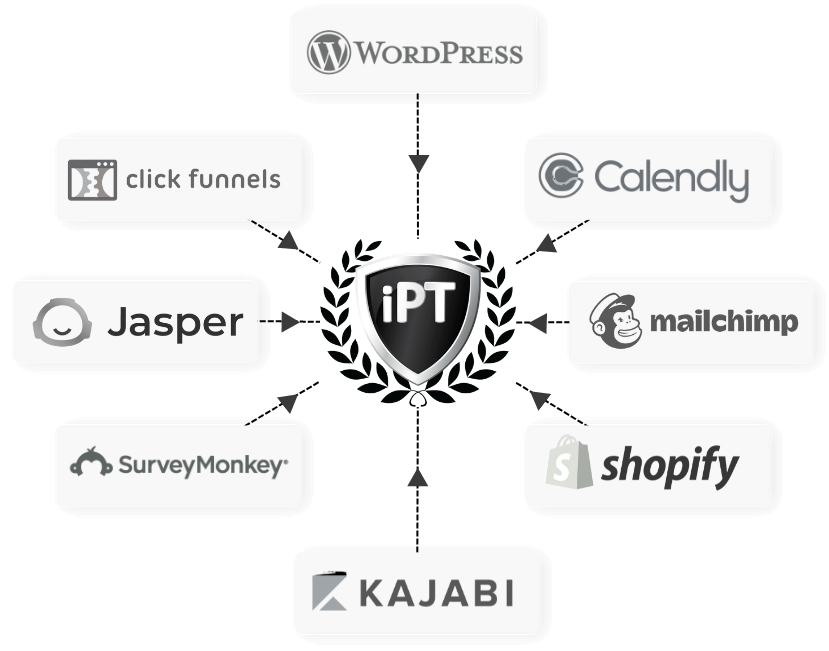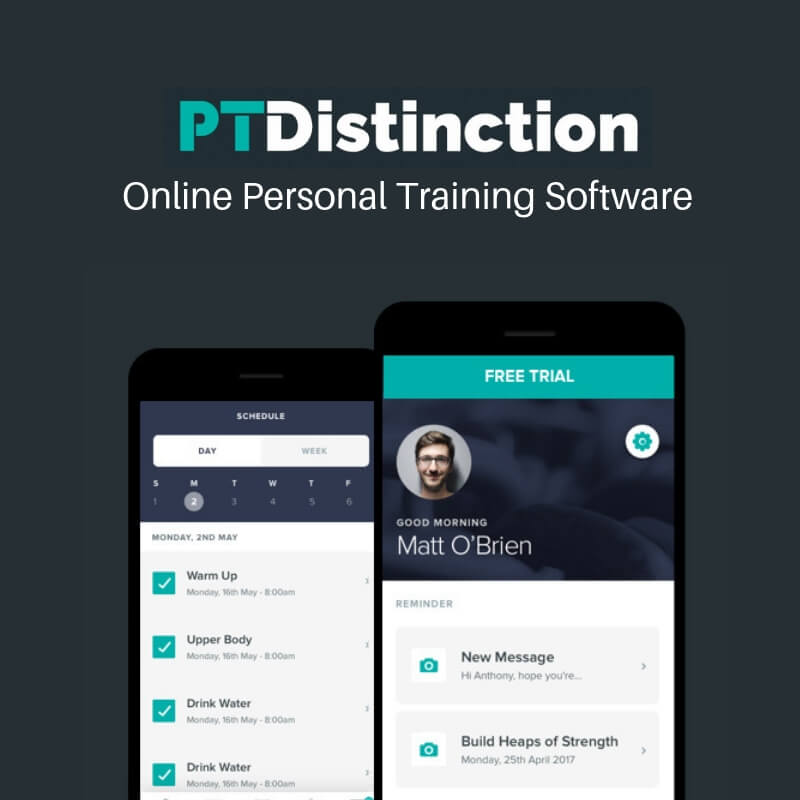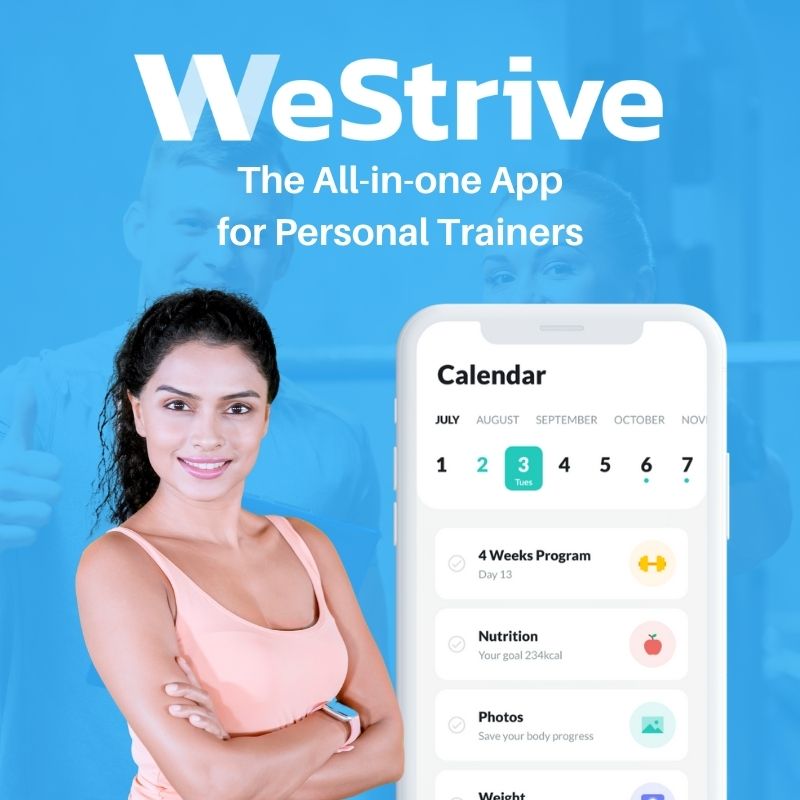Funded Personal Trainer Courses
|
Learn More About Funded PT Courses
What You'll Learn
Understand the various way you can pay for your personal trainer course or how to fund your PT course using government and company initiatives.
Why it's Important
For some people, becoming a personal trainer is the dream job but getting the money to become qualified is difficult. However, there are ways to get the money to become a certified personal trainer.
Understand the various way you can pay for your personal trainer course or how to fund your PT course using government and company initiatives.
Why it's Important
For some people, becoming a personal trainer is the dream job but getting the money to become qualified is difficult. However, there are ways to get the money to become a certified personal trainer.
With personal trainer courses costing anywhere between a few hundred and thousands of dollars, turning your passion for fitness into a career doesn’t come cheap, but if you’re struggling to find the cash to fund your new business venture, there are a number of options available to ease the financial burden.
Spread the Cost
Some course providers allow you to spread the cost of your course fee with monthly installments.
Most providers don’t charge interest for this but they do usually require a deposit (you’ll typically have to pay between £125 and £250 upfront).
You can see which of the main providers offer flexible payment options in our [Personal Trainer Course Comparison] Table.
Most providers don’t charge interest for this but they do usually require a deposit (you’ll typically have to pay between £125 and £250 upfront).
You can see which of the main providers offer flexible payment options in our [Personal Trainer Course Comparison] Table.
Government Backed Personal Trainer Loans
Some government backed providers allow you to pay for all or part of your course using a Government-backed Learning Loan.
There are usually some prerequisites you must meet like being an adult over 24 years old can apply for the loan. They're not usually subject to credit checks or dependent on your current income levels and you won’t have to pay it back until until you're earning income.
Bear in mind that interest may be payable on the loan (interest levels depend on your income) and that you will usually have to pay an initial deposit (although the deposit is then usually refunded to you after your course is completed).
Not all courses can be paid for using the a government backed loan scheme. You can see which providers offer this payment option in our [Personal Trainer Course Comparison] table.
There are usually some prerequisites you must meet like being an adult over 24 years old can apply for the loan. They're not usually subject to credit checks or dependent on your current income levels and you won’t have to pay it back until until you're earning income.
Bear in mind that interest may be payable on the loan (interest levels depend on your income) and that you will usually have to pay an initial deposit (although the deposit is then usually refunded to you after your course is completed).
Not all courses can be paid for using the a government backed loan scheme. You can see which providers offer this payment option in our [Personal Trainer Course Comparison] table.
Fully Funded Personal Trainer Courses
Although it is not widely advertised, some course providers obtain government funding to encourage the entry and qualification of adults into the fitness industry so you can easily become a personal trainer.
If you are aged 16 – 18 (or 19+ and unemployed or self-employed), it is always worth contacting providers to see if you might qualify for a fully or partly funded personal trainer course.
Tip: follow funded course providers on social media as they will often post about funded opportunities as they become available, without promoting them specifically on their websites.
If you are aged 16 – 18 (or 19+ and unemployed or self-employed), it is always worth contacting providers to see if you might qualify for a fully or partly funded personal trainer course.
Tip: follow funded course providers on social media as they will often post about funded opportunities as they become available, without promoting them specifically on their websites.
Personal Trainer Apprentice Schemes
Gyms can obtain government funding to take on apprentices aged between 16 and 24.
The funding will cover the cost of your PT qualification, as long as you work a set amount of hours a week for the gym. Whilst this option is a great way to get hands-on experience working in a gym environment, salaries are usually very low and the apprenticeships take much longer to complete than the usual 6 week PT course.
Apprentice schemes are popular with major gym chains, but there are many benefits for independent gyms taking on apprentices too (not least the fact that they may qualify for government grants). So if you are aged between 16 and 24, have a favourite local gym and know the manager, it’s always worth asking if they will take you on as an apprentice.
The funding will cover the cost of your PT qualification, as long as you work a set amount of hours a week for the gym. Whilst this option is a great way to get hands-on experience working in a gym environment, salaries are usually very low and the apprenticeships take much longer to complete than the usual 6 week PT course.
Apprentice schemes are popular with major gym chains, but there are many benefits for independent gyms taking on apprentices too (not least the fact that they may qualify for government grants). So if you are aged between 16 and 24, have a favourite local gym and know the manager, it’s always worth asking if they will take you on as an apprentice.
On the Job PT Qualifications
If you’ve ever Googled “Personal Trainer jobs”, you’ve probably seen that many large gym chains offer personal training positions that include your personal trainer qualification.
If you want to work for a chain gym, these schemes can work well, but make sure you check the terms. They usually come with very low or commission-only salaries, requirements to work a minimum number of weekly hours in the gym and a tie-in to prevent you from taking your qualification and setting up on your own. Some contracts will require you to pay monthly “rent” too.
If you want independence and freedom as a personal trainer, this isn’t the best way to go about getting your qualification. But if you want to get that authentic “gym floor experience” and like the idea of a gym full of captive potential clients, it could be a winner.
If you want to work for a chain gym, these schemes can work well, but make sure you check the terms. They usually come with very low or commission-only salaries, requirements to work a minimum number of weekly hours in the gym and a tie-in to prevent you from taking your qualification and setting up on your own. Some contracts will require you to pay monthly “rent” too.
If you want independence and freedom as a personal trainer, this isn’t the best way to go about getting your qualification. But if you want to get that authentic “gym floor experience” and like the idea of a gym full of captive potential clients, it could be a winner.
Bank Loan
As a last resort, you could always apply for Bank finance. Because the course is a precursor to the start of a new business venture, you may be able to get a Professional and Career Development Loan to cover the cost. These loans are usually offered at a reduced rate and interest on the loan is covered by the government whilst you study. Ask your Bank for more information.






